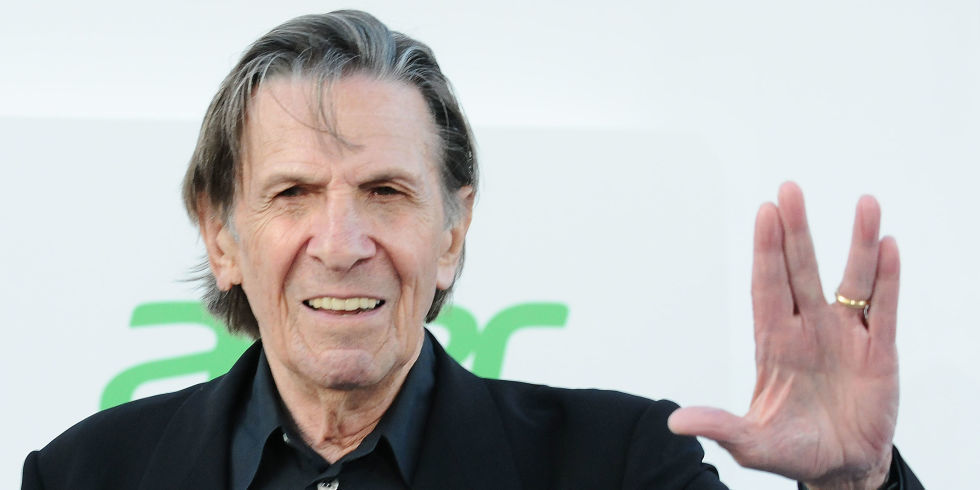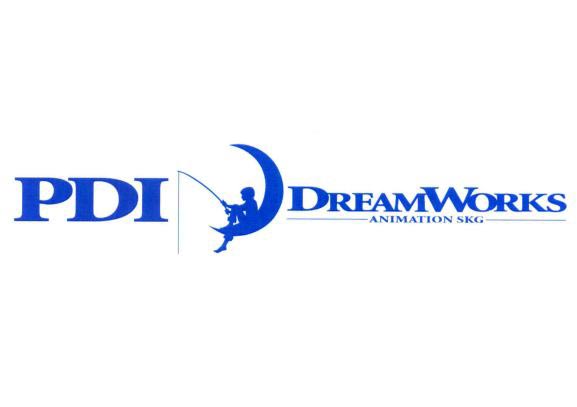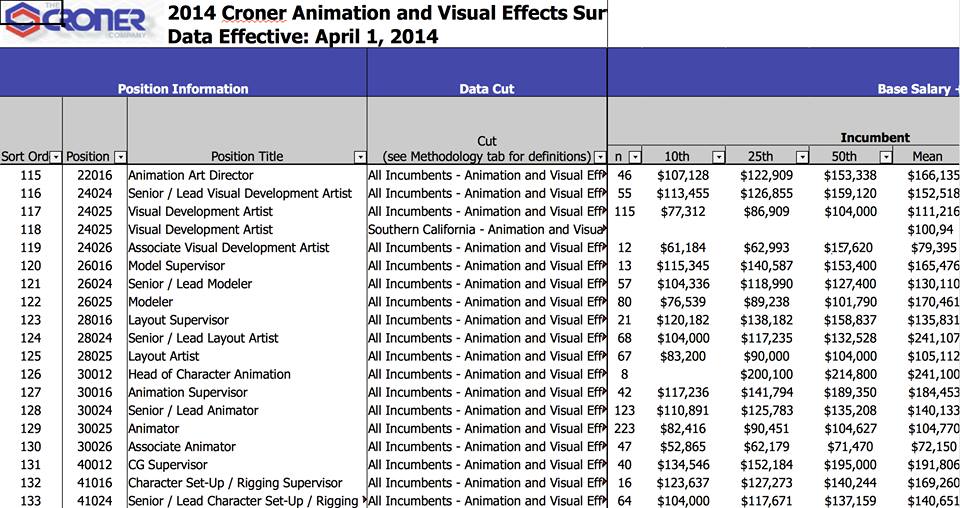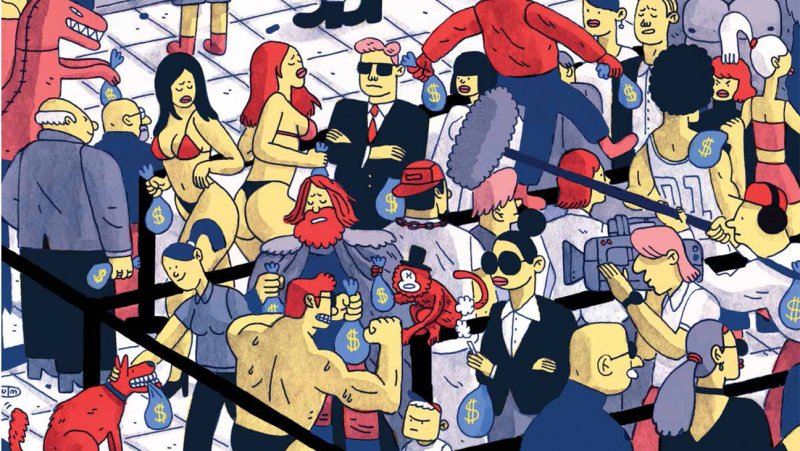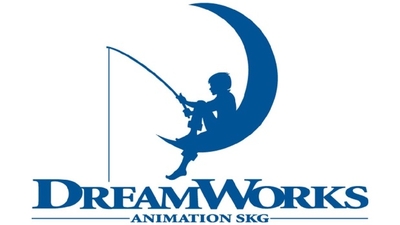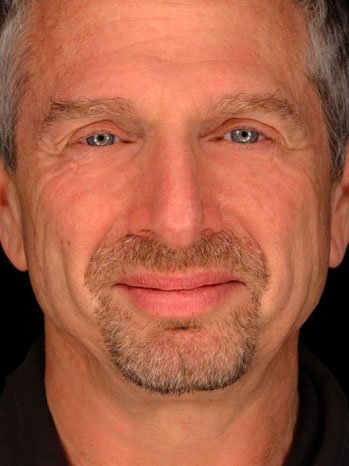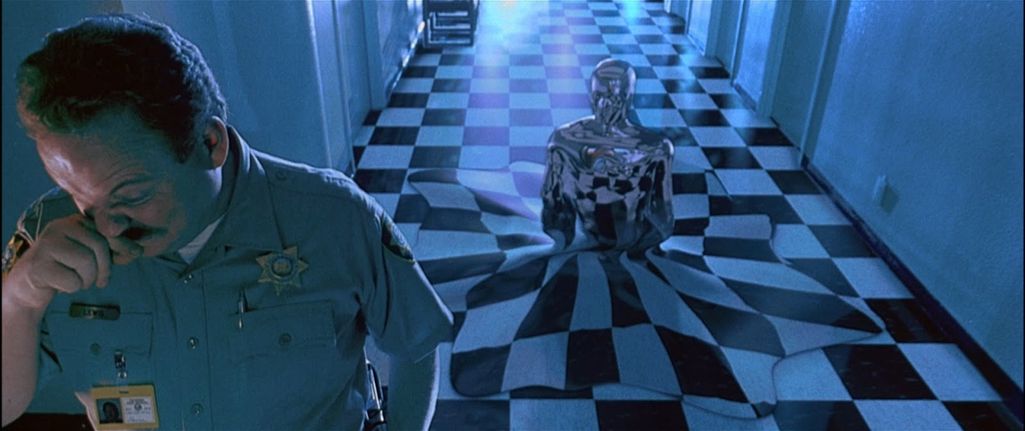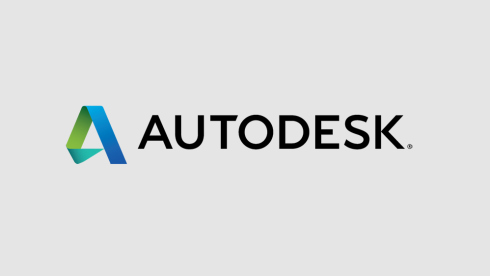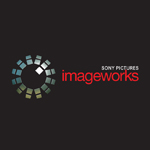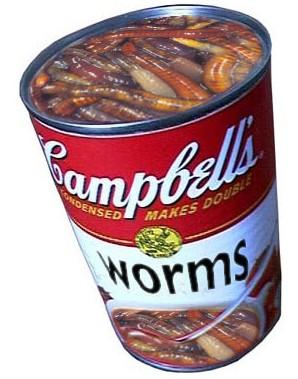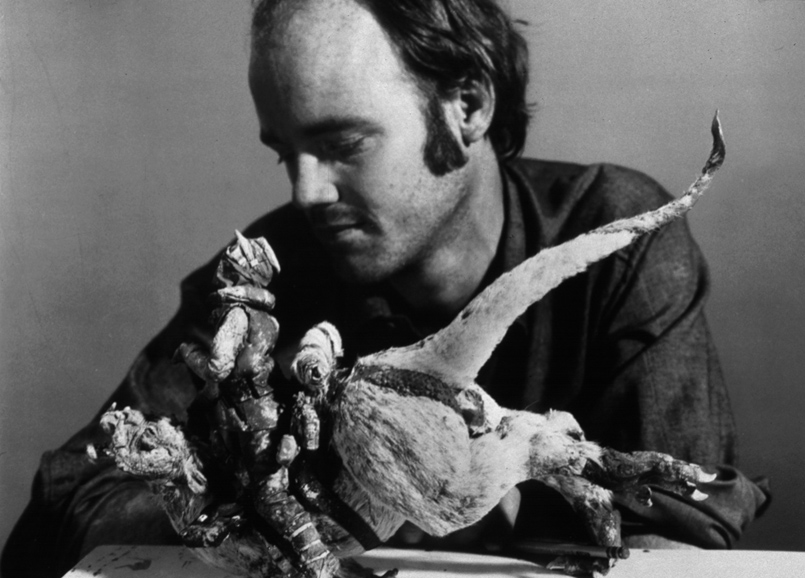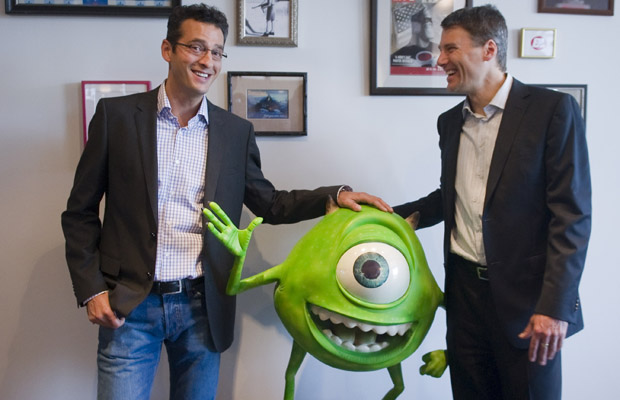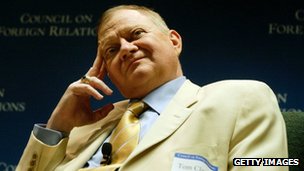http://www.reddit.com/r/IAmA/comments/1r5h9b/im_phil_tippett_stopmotion_animator_director
LA Animator:
What, in your opinion, is broken in the current VFX workflow? What things would you like to most see change?
Endless revisions?
Disconnect between Director and artists/VFX facility?
Bidding process? etc?
Phil Tippet:
In the olden days, producers knew what visual effects were. Now they’ve gotten into this methodology where they’ll hire a middleman – a visual effects supervisor, and this person works for the producing studio. They’re middle managers.
And when you go into a review with one of them, there’s this weird sort of competition that happens. It’s a game called ‘Find What’s Wrong With This Shot’. And there’s always going to be something wrong, because everything’s subjective. And you can micromanage it down to a pixel, and that happens all the time.
We’re doing it digitally, so there’s no pressure to save on film costs or whatever, so it’s not unusual to go through 500 revisions of the same shot, moving pixels around and scrutinizing this or that.
That’s not how you manage artists. You encourage artists, and then you’ll get – you know – art. If your idea of managing artists is just pointing out what’s wrong and making them fix it over and over again, you end up with artists who just stand around asking “OK lady, where do you want this sofa? You want it over there? No? Fine. You want it over there? I don’t give a fuck. I’ll put it wherever you want it.”
It’s creative mismanagement, it’s part of the whole corporate modality. The fish stinks from the head on down. Back on Star Wars, Robocop, we never thought about what was wrong with a shot. We just thought about how to make it better.
This resonates with the VES 2008′ Status Of VFX white-paper written by Renee Dunlop, Paul Malcolm, Eric Roth for the Visual Effects Society in July 2008. A critical effort in educating the production world on the status of the current use of visual effects:
“While digital visual effects have opened the door wide to tremendous opportunity, those working in the
pipeline are still jostling to claim their place in the process.
Though it is understandable that different crafts want to protect their own territory, safeguarding
the old ways of doing things often gets in the way of creating partnerships.
· An oft-heard concern raised by Art Directors and Production Designers has been a lack
of consistency throughout the pipeline and the impact new technologies used by VFX
artists will have on their work. However, the fact is that part of a VFX Supervisor’s
responsibility is to maintain communication with DPs and Art Directors to ensure that
the final product reflects what those parties wanted.
· Often it is difficult to determine who is in charge of certain creative decisions that
overlap craft boundaries.
· There are cultural and generational factors to consider. A lot of Directors don’t want to
commit to what the shot’s going to be until they’re in post. However, many younger
Directors are very open to manipulating images early on.
· On many, if not most, projects, Art Directors and DPs are often on another project and
no longer accessible to VFX artists after the shoot. Unfortunately, this is when VFX
Supervisors are finalizing their work in post, which impacts the work done earlier by
other craftspeople.
Yet another factor is time. As studios continue to push for shorter production periods, putting
together the perfect pipeline becomes increasingly difficult. As Alex Funke, Visual Effects
Supervisor and DP says:
“In a perfect world, the live action would be shot first, the miniatures would
shoot second and then the digital effects would assemble and enhance the
whole mix. But it doesn’t usually happen that way. It’s more likely that the
miniatures will be shooting along with the live action, and the digital artists will
be trying to get rough assemblies of shots done so they can find out just how
much work they will have to do.””
…
“Some of these cultural changes need to begin within the visual effects community itself.
As VFX Supervisor and former Visual Effects Society Board Chair Jeffrey A. Okun noted:
“In our earnest desire to get a seat at the ‘adults table’ of the business, we have
been engaged in a 30-year publicity campaign to make everyone aware of what
we do and how we do it. In this process we have focused on the success stories
and hidden away the terrible truth of how we got to those successes. As far as
the public, most directors and producers are concerned, they are not at all aware
of how time and hands-on intensive the process really is. What we need to do is
begin telling the painful truth.””
…
“Visual effects artists need to bring other practitioners into the VFX production process as part of
the education process. Unfortunately, this often proves difficult because of long-standing
territorial issues. As productions are shared throughout the international production community,
consistency and quality can be difficult for Department Heads to monitor.”
…
“As anyone with even a modicum of experience in the entertainment industry knows, nothing
ever changes unless producers can be convinced that it’s in their best economic interest. That
said, visual effects professionals have a very convincing argument to make with producers
about the need to re-evaluate the impact of VFX on the bottom line.
Roughly 20 out of the top 25 highest grossing films of all time are visual effects films. Visual
effects typically take 25-50% or more of an entire show’s budget, an estimate that is often
admitted as low. In animated films, that number is far higher. Clearly, the work, the creative
product, and the practitioners of the visual effects industry all have an enormous impact on the
producers’ bottom line and the show’s eventual success in the marketplace.
Essentially, if visual effects artists are included in decision making up front, productions costs
will drop because the VFX artists can help streamline the production path in telling the
Director’s story. They can be instrumental in offering more choices that help guide and
generate better creative and production decisions and, therefore, a more efficient production
schedule.”
Views : 1,706





